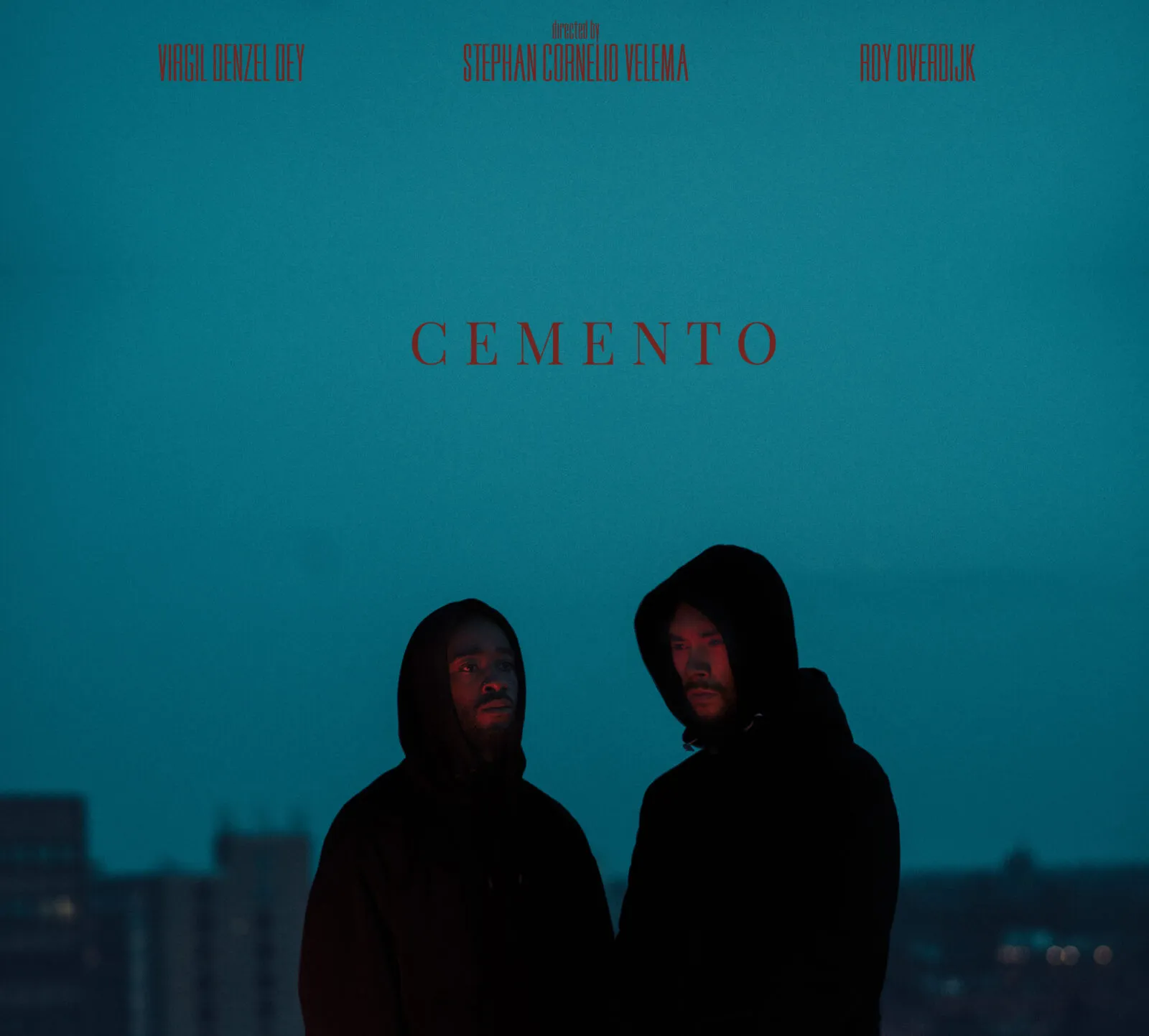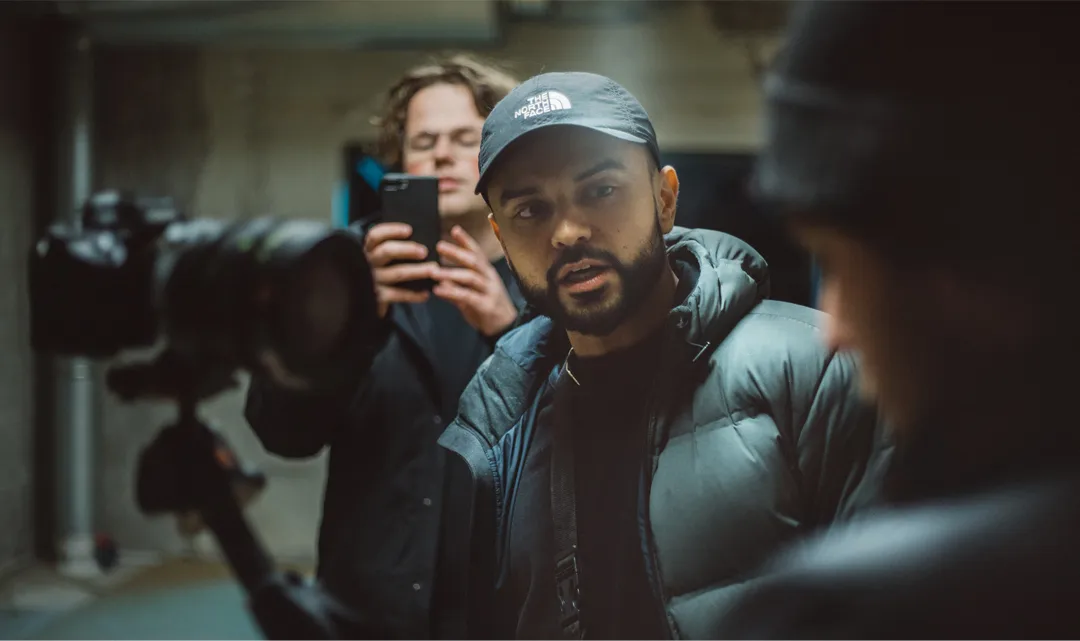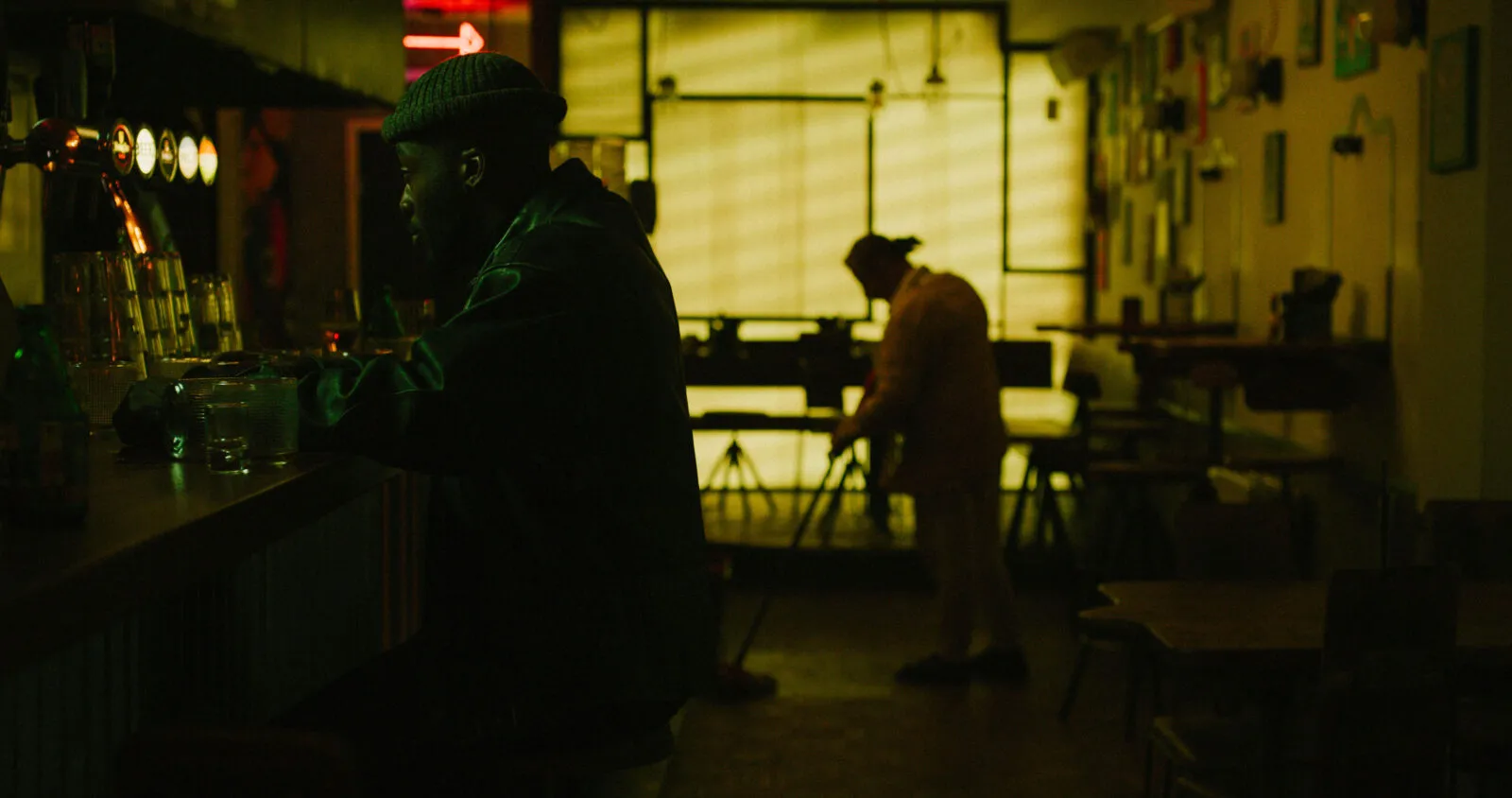
Resuming our monthly series of Fresh Faces created in collaboration with KONKAV, we once again put in the spotlight a one-of-a-kind artist that creates dazzling audio-visual products: Stephan Cornelio Velema. He specialises in directing experimental street culture for high-end visual content with a narrative approach.






Stephan has been developing a film style best described as Urban Experimental Narrative. After years of professional dancing among underground street culture and later studying visual design and cinema language, his signature can be found in analysing the emotion and flow out of movement, while maintaining focus on story. His independent work tends to be conceptual and dark, while his documentary work is open and about touching the core of peoples intrinsic motives.
We asked Stephan to react to three quotes from great minds of the industry.
“It requires a lot of stamina to not give up. […] It’s normally quite uncomfortable
to make films.” (Alicia Vikander)
Couldn’t agree more! The way to reach a broad audience is far from glamorous and full of
doubt. It’s only when you love it enough, that you keep going, no matter the outcome. I feel like many big moments in a creative life are being shaped and planned in the shadows, which can be lonely at times. And when you finally have a story people will have an opinion about it and that’s all part of the game. When you’ve been through production and post-production it’s pretty scary to be in a full theatre with other people, having the final piece screened. Because you’ve put your heart and soul into it, and the worst thing that can happen is that you bore the audience and you’ve wasted their time, telling them something that is very important and personal to you. So on the flip-side, imagine the feeling you get when the audience likes it. When, during production, you already notice on set that all departments are thriving. That you feel the sum of ideas and film craft come together, from scratch.
There’s not a better artistic feeling in the world.
“I’ve been a film buff genuinely about as long as I can remember.” (Alexander Payne)
When I was growing up I’ve always been somewhat of an einzelgänger. At home I would stack borrowed VHS tapes (from my cousin) and have them playing in the background while I would act them out. I would actually sometimes use my toys to replay specific action scenes.
When James Cameron’s ‘Terminator 2 – Judgement Day’ came out, another cousin secretly brought it to our house. My dad was furious, since he felt I was too young to watch it. After much debate we watched it together and after that first view, I ended up playing this same VCR tape, every day, for about a year. I must have watched this movie over 200 times. I was eight years old at that time.
“Many events have killed the film industry: the 1918 influenza epidemic, the second world war, the invention of television, the invention of VCRs, the invention of the internet, 9-11, strike after strike after strike. And yet, like a phoenix, it rises, every time stronger than before. […] The business is built on passion, and that is pandemic-proof.” (The Guardian)
If we’re talking about an industry, the production of film has been immense the last couple of years. The amount of films being produced and launched for example by Netflix nowadays almost feels like bulk, so it sounds a bit strange thinking a pandemic would kill the film industry. But because the American film industry for example is so big, a dip in productions will effect many people. If anything, I’d say choose quality over quantity and produce less, even if that means taking a side job. But I’ll agree that’s not a commercial point of view. Of course the way people view film has really changed and some cinema buffs will say the smartphone will be the death of cinema. Viewing a film on a device that gets push-messages, vibrates, has a very small screen and poor audio can in no way be compared to a truly cinematic and immersive experience, that you share with an audience. Yet I feel like this is the way people digest many movies nowadays. It was interesting to hear for example Scorsese speak about the length of ‘The Irishman’. (I’m paraphrasing here) But that he felt people could watch it in parts, in their own time..on their own terms. That he was very aware of that, because it was almost simultaneously launched in the theatres as well as on Netflix. So I believe the strength of film is somewhere in that philosophy, that it’s bound for evolution. Also the need for stories is culturally driven and hasn’t declined. We like to be moved, to be entertained, to safely experience different worlds and learn through the experiences of characters. If you look at how the game industry has been involving DP’s and directors, for light, framing and storylines. You see that even though we may cross different media, the foundation stays the same. Even if you look at how we’ve been sharing daily life through video’s, since the birth of youtube. I feel that how we think about these media has always been shaped by cinema. We want to use video filters for atmosphere, we want to look like stars. The same goes for contemporary television shows, with enormous production value and a big cast, it’s all very cinematic. So if anything, film is bigger than ever before.